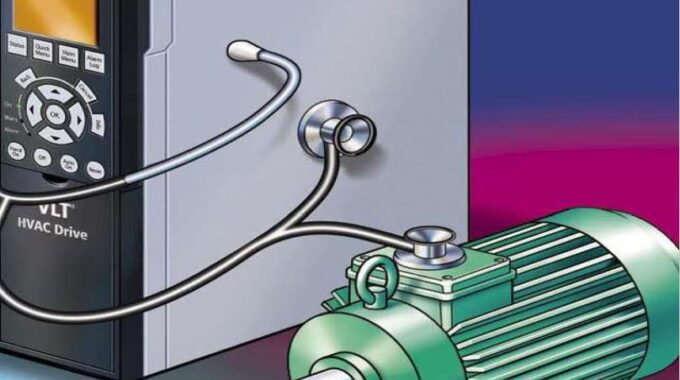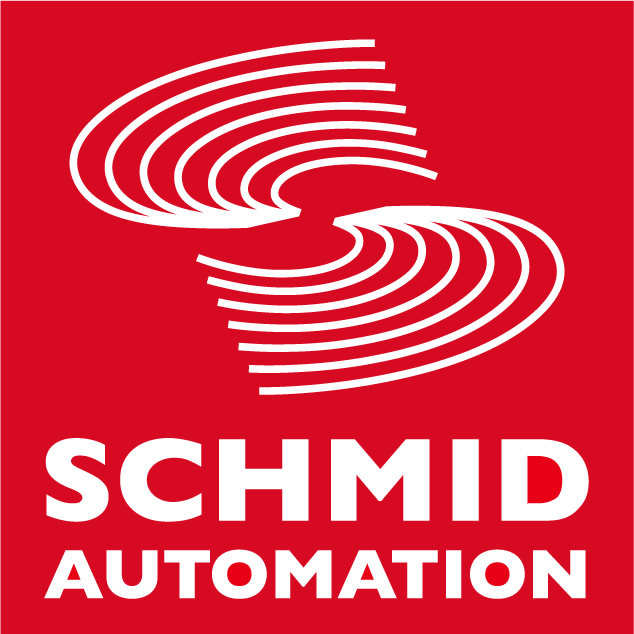
Condition monitoring with smart frequency inverters
In the digital industrial environment, modern condition monitoring and maintenance of machines is carried out via smart drive technology and enables remote maintenance at the DCS. Frequency inverters are now equipped with such high-performance controls that measurements and their evaluations are possible directly on the device. Connected via current BUS and network technology, the status information of the drive and machine is forwarded to higher-level systems. The status is graphically displayed via warning and limit fields and allows the system operator to carry out predictive maintenance that avoids unexpected failures.
We have been observing the market since the announcement of the smart condition monitoring functions and are using them in initial projects. In addition to the condition of the machine, process-accompanying factors and events can also be checked via the load envelopes. The use of predictive maintenance systems saves resources and the FI is often a replacement for an uncontrolled application, which primarily saves valuable energy.
Optimisation with predictive maintenance systems and reduction of life cycle costs (LCC) is currently on everyone’s lips. Our consultants and engineers will be happy to help you develop and implement the right solution for your application.
